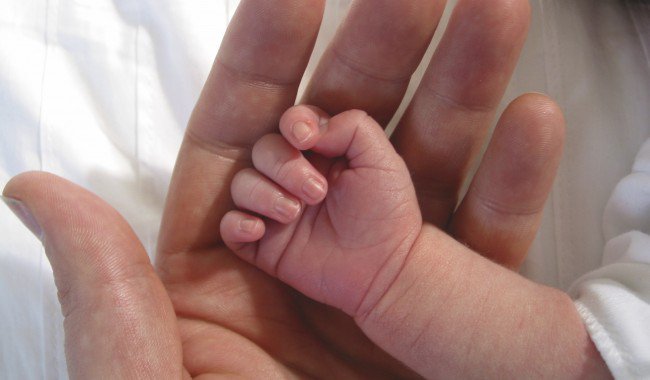A baby who died from meningitis was given “wholly inappropriate” care at Epsom hospital, an inquest has heard.
Seven-month-old Oliver Hull died at London’s Evelina Children’s hospital in May last year, three days after he started showing symptoms diagnosed by a doctor at Epsom as a viral sinus infection.
An inquest into his death was held at Woking Coroner’s Court in March this year. The young boy’s mother, Abigail Hull told how she first became aware that her son was unwell when developed a fever and vomited medicine on the evening of 22nd May. He died four days later.
Mrs Hull took Oliver to A&E the following night after his symptoms didn’t improve. He was lethargic, had a high temperature and was still vomiting, she said.
At the hospital Oliver was examined by triage nurse Laura McQuade and trainee doctor Awais Ahmad and was given fluids for his dehydration and paracetamol to bring his temperature down.
“Oliver didn’t look very ill,” said Dr Ahmad, who had three month’ experience in general A&E. “He wasn’t someone deteriorating but getting better. There was nothing to suggest serious illness at the time.”
However, less than 24 hours after he was discharged, Oliver was rushed to London’s Evelina Children’s hospital when his grandfather, a retired GP, found that his fontanelle – the soft gap in the skull – was bulging.
Dr Andrew Durwood, a paediatric intensive care consultant at Evelina, said that Oliver’s blood pressure was “swinging around” and he had an extremely high heart rate with “very severe” pressure on his brain. Scans carried out a few hours later showed that Oliver was brain dead.
“The postmortem clarified the diagnosis. It was an aggressive new strain of meningitis,” Dr Durwood said.
“Because he was immunised, Oliver had a replacement strain which was more lethal.
“I’ve never seen this type of presentation before.
“The lumbar puncture of the fluid around the brain was clear; it’s normally filled with pus.”
Dr Durwood and independent expert Dr Oli Rahman both agreed that if Oliver had been given antibiotics, he would have had a better chance of survival. Dr Rahman also said that a senior review conducted by a paediatric registrar should have been carried out on the little boy’s first visit to A&E.
“Because there was no identifiable cause of symptoms, that would lower my threshold to get someone more experienced with children to have a look,” he said.
Ms Henderson concluded that the level of care that Oliver received in A&E was “wholly inappropriate”.
“There was little emphasis on why a mother has taken her child to hospital at that time of night,” she said. “The issue of the runny nose was given greater significance than it should have been.
“The examination of Oliver was inadequate and incomplete.
“A failure to find a focus of infection should have led to a higher index of suspicion. It was a wrong diagnosis and a lazy diagnosis.”
